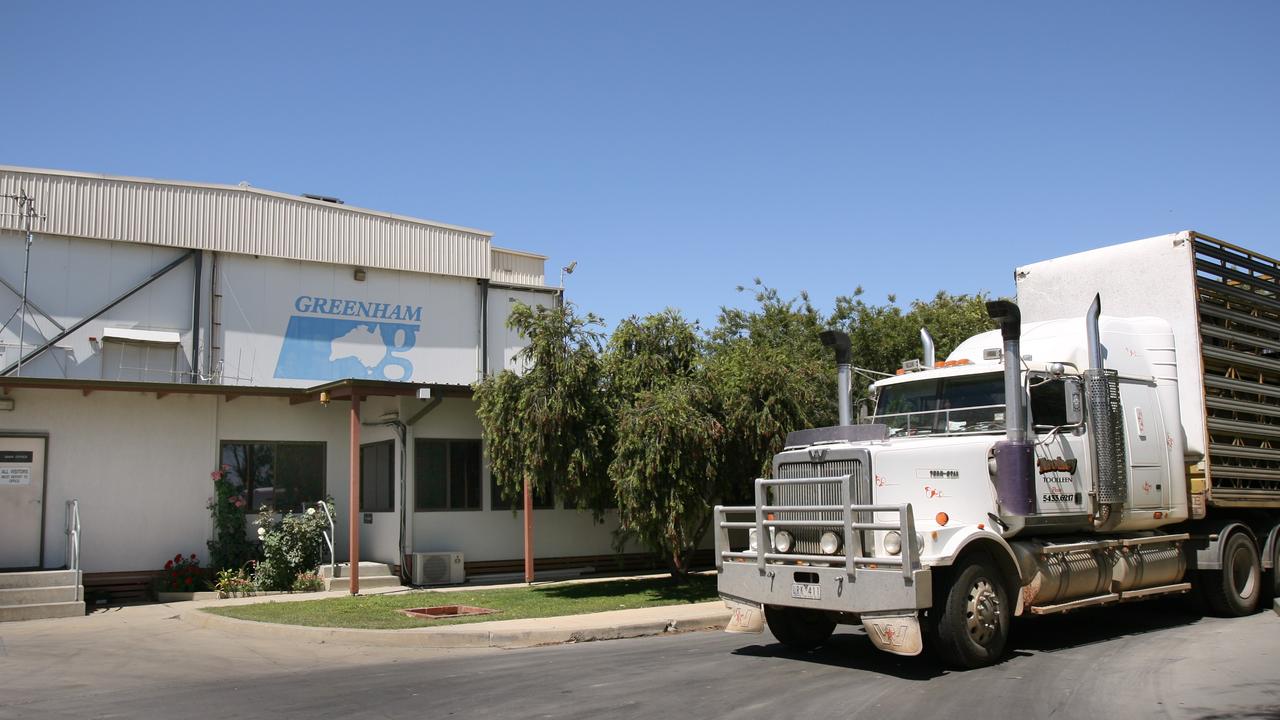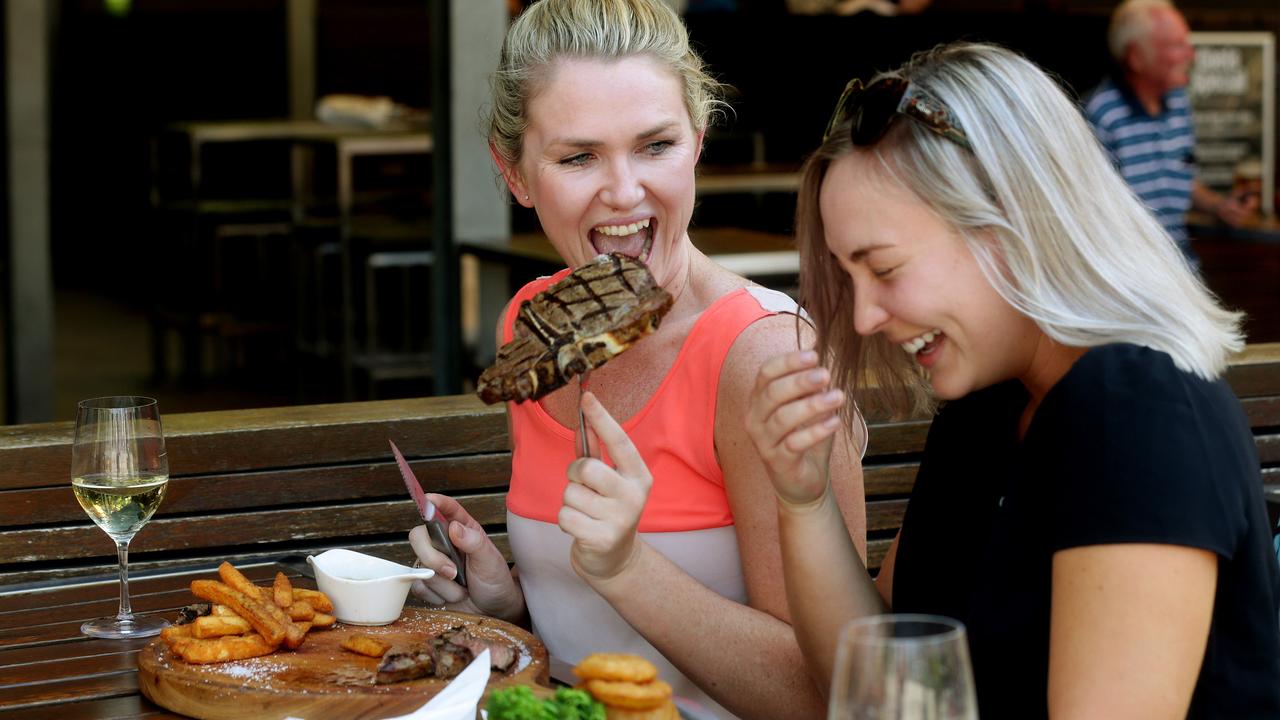Fire trauma haze still lingers in East Gippsland
One year ago East Gippsland was ablaze but the scars, particularly for the children, remain.
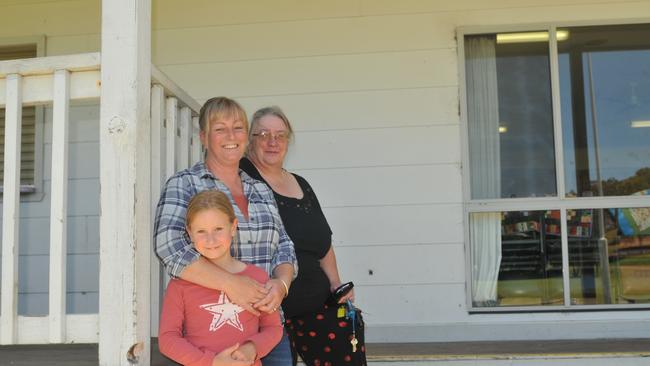
THE memory of December 30, 2019, will stay with the McAuliffe children for a long time.
One year ago today, Buchan Station farm manager Richard McAuliffe, his wife, Elly, and their three kids prepared for the worst, when bushfire descended on the cattle and sheep property east of Buchan.
The blaze destroyed 80 per cent of the farm, decimating 80km of fencing, stock yards and pasture. It incinerated 24 homes in the nearby town and left one local man dead.
“You prepare for the actual event,” said bush nurse Elly, explaining the family had a well-rehearsed fire plan. “We never felt unsafe. It was always the plan to stay.
“But the 12 months afterwards, you can’t prepare for.”
Elly and her children, Jack, 10, Grace, 7, and Charlie, 4, spent that terrifying night sheltering from ember attacks in the family car under irrigation pivots in the middle of a paddock.
Meanwhile, Richard and two friends fought flames that were advancing downhill against the wind. The men eventually lit a paddock in front of the fire front, which slowed the blaze and saved a significant amount of the farm.
The horror season killed 33 people across Australia and destroyed more than 2500 homes, including more than 300 in Victoria.
Looking back on their year of recovery, the McAuliffes said they knew it would be a long job to replace their infrastructure — they have 4km of fencing left to go — and even longer to get the herd and flock back up to scratch.
What they didn’t expect, however, was the “constant struggle” to find counselling services to help their children deal with the trauma.
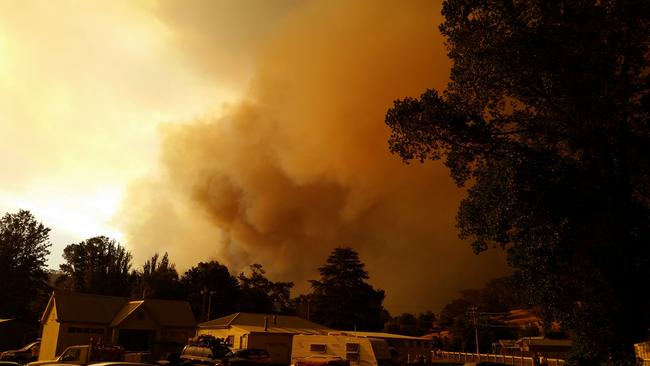
EARLIER this month, the McAuliffes joined residents of Buchan, Sarsfield, Timbarra and further afield, who gathered at Buchan’s footy club for a CWA-organised morning tea.
They shared their experiences, as CWA members, the Red Cross and local council workers listened to important stories.
On the one hand, people said they had received great practical support. BlazeAid had been amazing; bushfire recovery hubs and case support services were accessible; people felt informed about financial aid.
Repairing the mental health damage, however, had not even begun.
Greta Perry and her husband, Kevin, lost their Sarsfield home in the fires.
The 75-year-olds are renting in the Bairnsdale suburb of Eastwood with no plans to rebuild.
“We loved living in Sarsfield,” Greta said. “We put a lot into the place.
“But, I don’t want to live in a bushfire-prone area.”
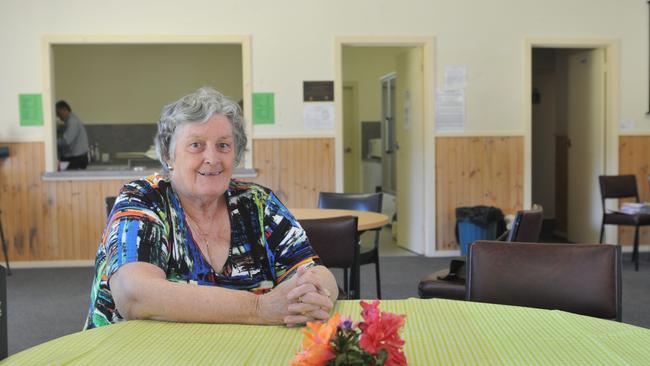
Greta said they had received huge support in the aftermath from the Red Cross, Gippsland CWA, St Vincent’s and other charities.
“We have a nice house now, nice furniture. You just have to get on with your life.”
For many people, she conceded, it would not be that easy.
“The scars in people’s minds will take years to heal,” she said.
BUCHAN bush nurse Anne Brewer said the biggest gap in recovery support had been the lack of mental health services for children and teens.
“The kids were left out until recently,” said Anne, who lost her Buchan home in the blaze. “There are gaps still there because COVID is interfacing with bushfire recovery, and with drought.”
As part of Victoria’s Bushfires Case Support Program, Gippsland Lakes Complete Health employed 24 case support workers, who contacted families, assessed their needs and referred them to suitable services.
GLCH chief executive Sue Medson said eight organisations collectively delivered services, including free counselling sessions into towns early in the year. She said a lack of child psychologists in East Gippsland had proved a big challenge.
“East Gippsland all over struggles to keep those sort of mental health professionals in place,” Ms Medson said. “We did have counselling staff working with children at that early stage.
“A lot of (sessions) had to be virtually delivered because we were not allowed to go into schools.”
She said COVID lockdowns in April meant health professionals weren’t allowed to travel to isolated towns, which is when telehealth services kicked in and the problem of patchy connectivity became apparent.
“In East Gippsland there are a lot of issues. On any given day you might have no connectivity in places that really needed it,” Ms Medson said. “Trying to have a stilted conversation with a counsellor becomes almost impossible.”
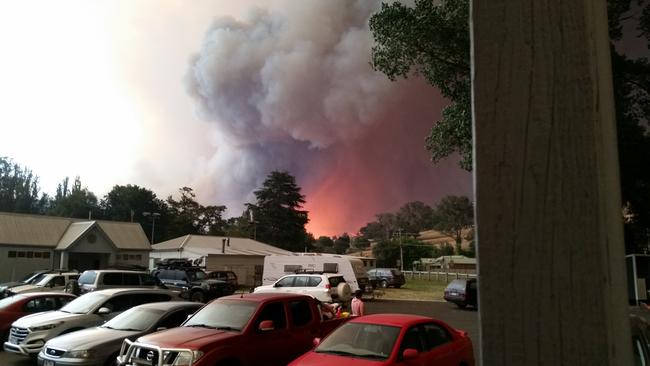
ELLY McAuliffe said they tried online counselling, but it didn’t work for her young children.
“It’s disappointing that the Department of Education had been through Black Saturday, and probably knew what our kids needed. But in Term 1, when they went back, there was nothing,” Elly said.
“It has been 12 months of fighting for what our kids need. And we shouldn’t have to fight.
“We feel we are no further ahead than back in January. Both physically and mentally.”
She said their family wasn’t the only one to start to “fall in a heap” about April, when COVID-19 lockdowns were imposed.
“I think the town really struggled. We are a pretty close-knit community. That has been one of the strengths, but also a weakness.
“(COVID restrictions) left a lot of people lost.”

